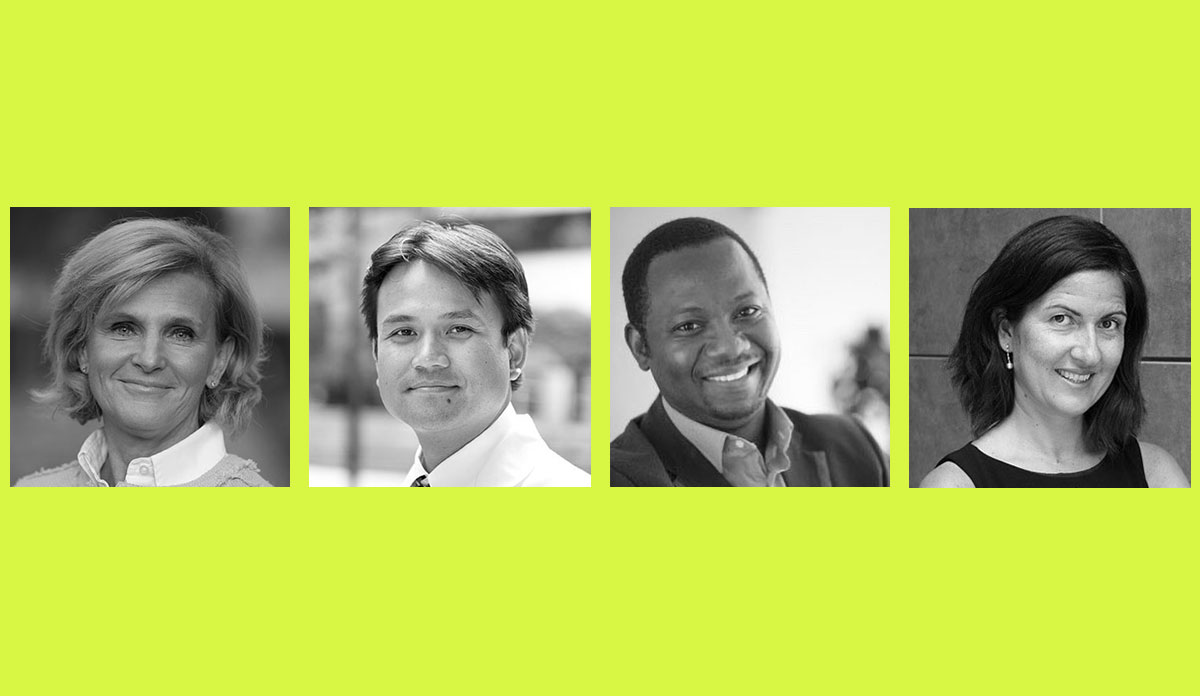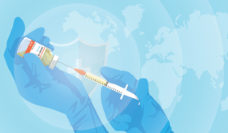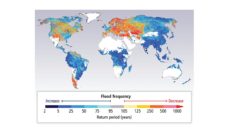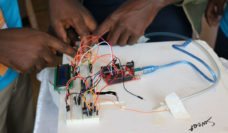Public Health Post: What do you think the pandemic has taught us about global health successes and failures? What needs to change?
Dr. Le: Covid-19, similar to HIV, has impacted everybody, and the fruits of the technological advances have disproportionately allowed for high-income countries to benefit first. The difference from HIV will be that because of how infectious these new variants are, high-income countries, whether or not they want to, will be forced to have more solidarity with low- and middle-income countries for self-preservation.
Dr. Neira: I hope one of the lessons learned in terms of environmental health is that if you keep destroying the ecosystems—which are the basis of our health—the consequences will be very negative.
Dr. Alonge: As a global community, the pandemic has allowed us to see the extent to which we can collaborate and cooperate. Countries are willing to compete. But, when it comes to really sharing the benefits of solutions, it’s a little bit trickier.
Dr. Legido-Quigley: The pandemic has taught us that there are many factors that influence high performing national responses versus low performing countries in managing COVID-19. Factors that were crucial included whole of governance approaches across sectors, trust in scientific advice, previous partnerships with communities, proactive testing and contact tracing strategies, and financial mechanisms to ensure free COVID-19 testing and treatment.
How do you define global health equity? What roles do wealthy countries and regulatory bodies have to play in it?
Dr. Le: Global health equity is that intersection between caring for the underserved individual, and the underserved community, whether it’s local, village level, regional, or national. For rich countries, global health equity means there is a need for a moral mandate and reparative justice framework. And from a national security perspective, it is beneficial to Global North countries to ensure that Global South countries or low-to middle-income countries are healthy.
Dr. Alonge: Global health inequities are when you have differences in health and those differences between population groups or individuals are really unjust. Those differences are being maintained by the choices and the decisions that are made by those who are advantaged.
Dr. Neira: It is important that our society invests in two things: basic education and access to health services. The best investment you can do is investing in a society that will be educated and healthy.
One of the biggest inequities is vaccines, but it didn’t have to be. Why did we end up with such uneven distribution? What are the ethics of high income countries sharing their supplies?
Dr. Le: The majority of the Global North has the mentality of their country first. It makes sense. If you are a leader in that country, your priority has to be your own people. But where it falls short is that we have this idea we call “scarcity mindset” where people feel like there are few resources out there and that we cannot possibly share. Countries like Canada and the US stockpile and hoard many, many times over the amount that they actually need.
Dr. Neira: It is also related to intellectual property, the transfer of technology, and corruption. There are some countries where the resources of the country would be more supportive to their own population if the government was transparent in using funds correctly.
Dr. Legido-Quigley: In our work with the Independent Panel, we have identified several recommendations to ensure equitable distribution of vaccines including that high-income countries redistribute one billion doses of vaccines to 92 low and middle-income countries by September, and a further one billion doses by mid-2022. Rapid action is also needed to step up manufacturing capacity and knowledge and technology transfer in low- and middle-income countries.
It is likely that we will have many Covid variants and future pandemics. How do you see the path forward in addressing continued pandemics? How can we take the Covid pandemic and turn it into a catalyst for positive change in the public health realm?
Dr. Neira: Preparedness and response are fundamental. In addition to that, we have six prescriptions that are basic, pragmatic, feasible and good for health, the economy, and society.
Dr. Alonge: We need to emphasize that global cooperation in technology and science should continue. We need to protect the independence of the scientific process by all means. We need to not shy away from education, communication, and information for individuals of all countries. We need to be actively strategize how best to make populations well-informed.
Dr. María Neira, Dr. Phuoc Le, Dr. Olakunle Alonge, Dr. Legido-Quigley will participate in the Public Health Conversation The Next Normal: Global Health on Sept. 13, 2021. Register here.














